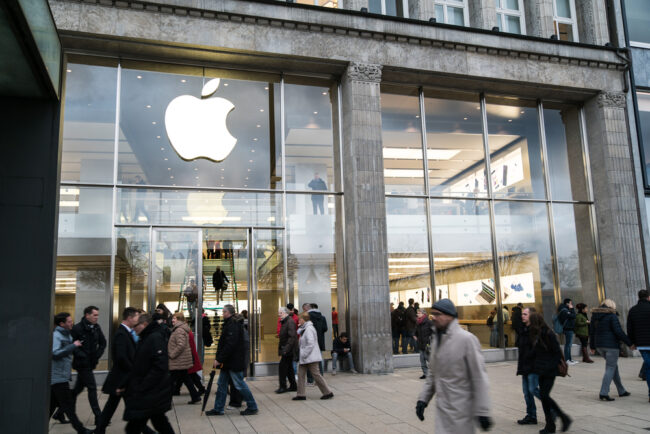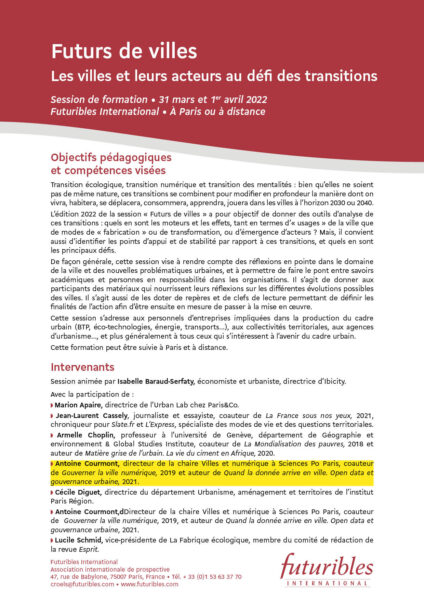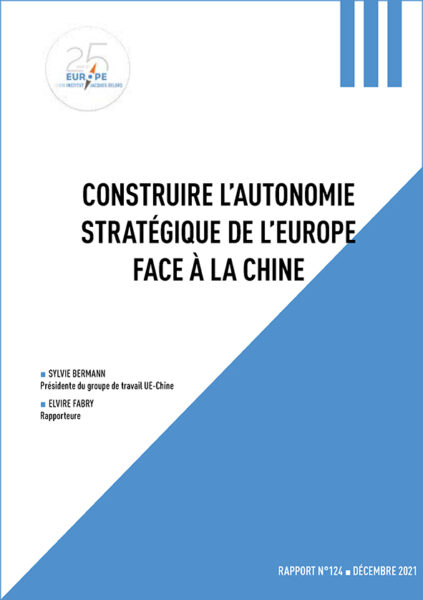In this column, Jean-François Drevet analyses the lessons to be learnt from the European Commission’s decision of late August 2016 on Apple’s taxation arrangements in Ireland, which required the multinational to pay a fine of 13 billion euros to the Dublin government. On the one hand, he shows that the size of the fine is far from abnormal in terms of fiscal practice in Europe and the USA and, on the other, that the (hostile) reaction of Ireland to the decision says much about the economic and social issues underlying the fiscal practices of EU member states towards major companies. In a context of competition and one-upmanship around “fiscal attractiveness”, we are getting into situations with regard to tax that are so unequal between European households and companies — and indeed between companies — that they cast doubt on the will of governments to prioritize the common good. In order to tackle these practices and ensure companies that make profits on European soil pay normal taxes proportionate to those profits, the EU must imperatively commit itself to sorting out taxation across Europe.
The European Tax Regimes Conundrum: Apple and Ireland as a Prime Example
European Chronicle
26 December 2016
1 min.
© Urbazon / Shutterstock
Cet article fait partie de la revue Futuribles n° 416, jan.-fev. 2017




